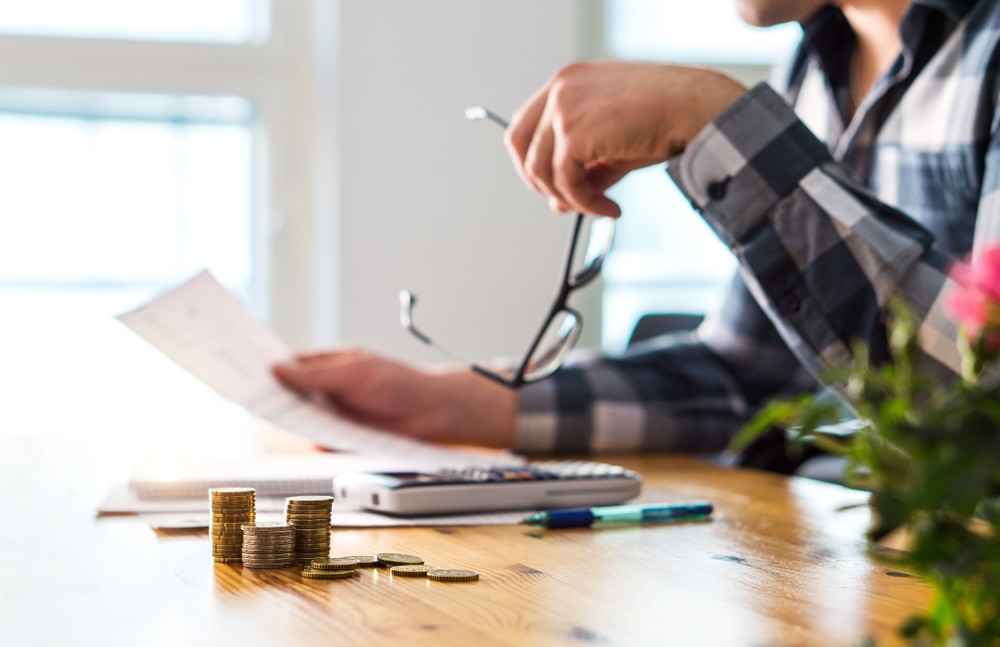Bankruptcy used to strike fear and a sense of desperation in the hearts of many. But in an economic environment like today’s, it’s not uncommon for thousands of hardworking Americans to find themselves struggling with overwhelming debt.
Filing bankruptcy gives you the ability to create a better financial future for yourself. It’s not a failure; it’s an opportunity to get a fresh start and get out from under a mountain of crushing debt.
But how exactly does bankruptcy work, and what happens when you file bankruptcy? To learn more about the bankruptcy process, contact a North Charleston SC bankruptcy attorney at Steadman Law Firm, P.A. today.
Bankruptcy Isn’t All Bad News
Of course, no one wants to jump into bankruptcy unless it’s really necessary. Bankruptcy is for those that are unfortunate enough to be deep in unsecured debt with not much in assets. If you are considering bankruptcy, you’ve likely acknowledged that your finances have hit rock bottom, and you’re looking for options to deal with your situation.
The good news is that bankruptcy offers an opportunity to start fresh. Bankruptcy provides you court-ordered protection from creditors who are threatening to take legal action against you for debts you owe.
Two types of personal bankruptcies are available based on the type of debt you owe and assets you own:
- Chapter 7 bankruptcy can wipe out your debts.
- Chapter 13 bankruptcy allows you to repay all or some of your debt over three to five years.
8 Basics Steps to the Bankruptcy Process
1: Hire an Attorney
The first thing you need to do to start the bankruptcy process right is to hire an experienced bankruptcy lawyer. With their help, you can determine whether bankruptcy will work for you. If you and your attorney determine that bankruptcy will meet your financial goals, preparing to file will require some work.
2: Ask Questions
Before filing, you should ask your attorney all questions you have about bankruptcy and the process you’ll be going through. A good attorney will be willing to take time to respond to your questions as best they can. You should feel free to ask them about attorneys’ fees and how they will be paid.
3: Gather Paperwork
Preparing to file bankruptcy will require you to list your sources and amount of income, assets, debts, and expenses. As part of this step, you’ll need to gather bills, credit reports, bank statements, investment summaries, and other financial documents. This will help your attorney understand your financial situation completely so they can effectively convey it to the court.
4: File
Now that you’ve hired an attorney and prepared to file, your lawyer can help you determine which Chapter to file. They will then take the information you’ve provided to draft court documents needed to create and file your bankruptcy case.
5: Stop Creditor Collections
Bankruptcy can help you can stop creditors from collecting on debts you owe. Before you file bankruptcy, notify creditors that you have an attorney who they should direct inquiries to. Once your case is filed, a case number will be assigned to it. Once this occurs, you are granted an “automatic stay” that legally bars creditors from contacting you.
6: Attend the Meeting of Creditors
After you’ve filed bankruptcy, the court will schedule a meeting of creditors you must attend. The meeting is typically scheduled one to two months after you’ve filed. At the meeting, you will have to answer questions about your finances from an arbitrator appointed by the state. The purpose of the meeting is to provide an opportunity for your creditors to claim any assets you own. But, usually creditors will not show up.
7: Close Your Case
After the meeting of creditors, you will have to wait for your bankruptcy case to close. This occurs when you receive a discharge letter (for Chapter 7) or execute a repayment plan (for Chapter 13).
The Chapter 7 discharge letter will say that all your debts are wiped out and you are free to start fresh. The Chapter 13 repayment plan will lay out how you’ll pay your creditors over a three to five year period.
#8: Move Forward With Your Life
With a Chapter 7 discharge letter or after you’ve completed your Chapter 13 repayment plan, you’re free from debt. At this point, you can move forward with your life and seize the opportunity to rebuild your credit. Though a bankruptcy stays on your credit report for years, you can take steps to restore your credit score immediately.
Talk to a North Charleston SC Bankruptcy Attorney to Learn More About Filing for Bankruptcy
To learn more about what happens when you file bankruptcy, speak to an experienced North Charleston SC bankruptcy attorney. At Steadman Law Firm, P.A., we can help you determine whether bankruptcy will work for you. Contact us today to learn more.






